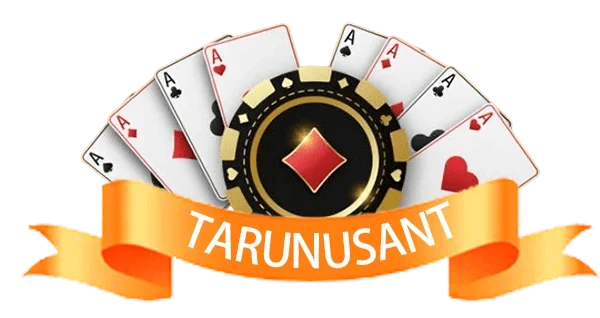The PlayStation brand has long been synonymous with innovation, risk-taking, and excellence in game development. Each console generation brought new milestones, with PlayStation games setting industry standards for storytelling, graphics, and gameplay. What separates Sony from the pack cendanabet is its ability to deliver blockbuster titles while also giving space to experimental projects that push the medium forward.
Consider games like Shadow of the Colossus and Bloodborne, both PlayStation exclusives that redefined their respective genres. While the former introduced a minimalistic but emotionally powerful approach to boss battles, the latter refined the action RPG formula into a dark, elegant dance of skill and terror. These weren’t just popular—they were influential, shifting the direction of future game design across platforms.
This spirit of ambition wasn’t limited to home consoles. The PSP brought its own game changers to the table. Monster Hunter Freedom Unite laid the groundwork for what would become a global phenomenon, particularly in multiplayer portable experiences. Meanwhile, Metal Gear Solid: Peace Walker successfully brought complex stealth gameplay and rich storytelling into a portable setting without compromise. These weren’t lesser PlayStation games—they were bold, sometimes better, evolutions of console hits.
Together, PlayStation and PSP titles have played a massive role in shaping modern gaming. By balancing accessibility with creative vision, Sony created an environment where both indie developers and major studios could thrive. These platforms gave us not just the best games of their time, but blueprints for what the future of gaming could look like.
